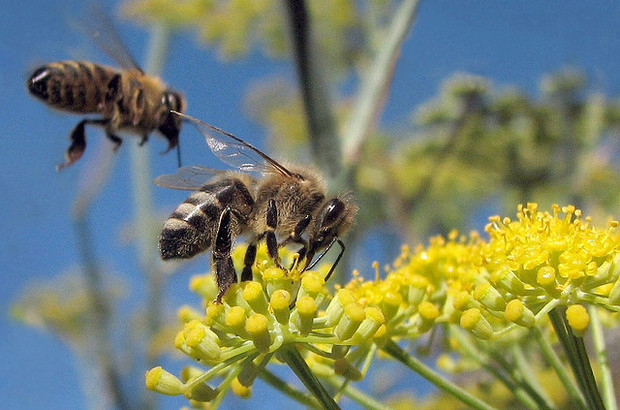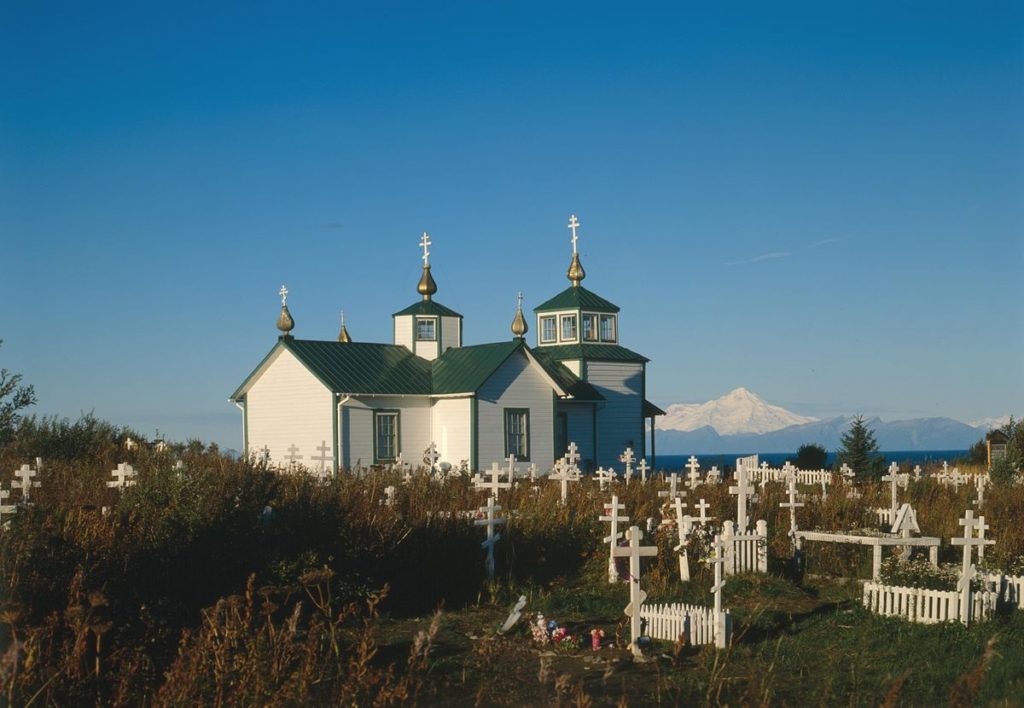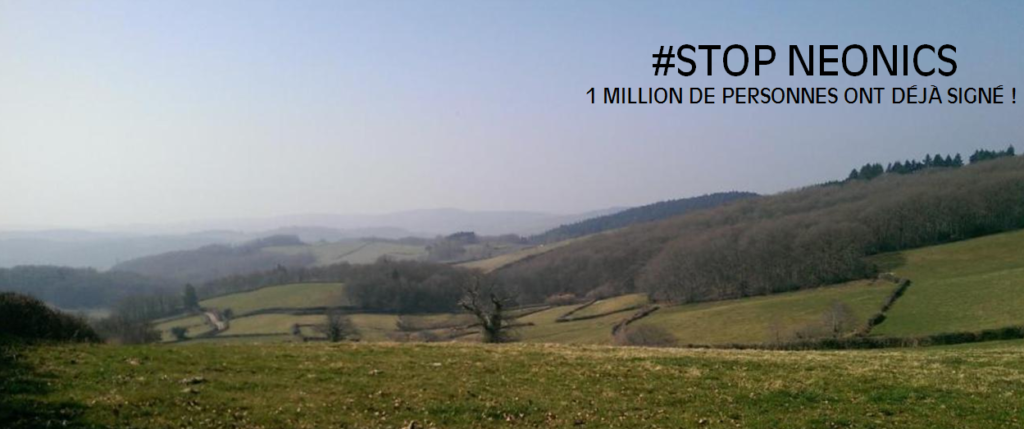The proposed ban will not apply to crops sewn and grown in greenhouses.
This ban is based on risk assessments of the pesticides carried out by EFSA and published in 2016.

In France, the new Biodiversity Law bans the use of 7 neonicotinoids as of 1 September 2018. Exemptions will be possible, and granted by Anses, the French Agency for Food, Environmental and Occupational Health & Safety. However, as of 1 July 2020 the ban will be total, with no exemptions. They are:
- Acetamipride,
- Clothianidin,
- Dinotefurance,
- Imidacloprid,
- Nitenpyrame,
- Thiaclopride
- Thiamethoxam.
The French food safety agency Anses last month published a study on alternatives to neonicotinoids as part of their ongoing work in this field, scheduled to be completed by end 2017.
UN food experts published last month a fiercely critical report on pesticides, arguing for nations to apply and reinforce existing laws against pesticides, to move away from industrial agriculture and calling for a worldwide binding treaty to regulate hazardous pesticides.
An international petition to ban neonicotinoids from Avaaz has 4.4m signatures.
For more information on neonicotnnoids, click here.
_____________________________________________
* see Actu-Environnement, The Guardian, Pesticide Action Network Europe .


















